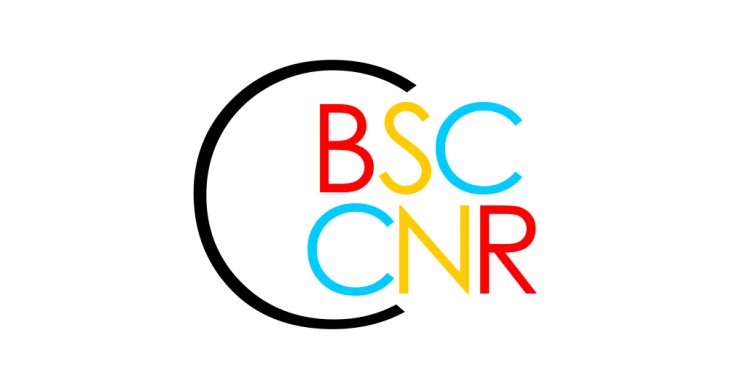
OTTAWA – Paid spots voiced by a radio host were sufficiently distinct from news and program content, meaning that the station did not violate any broadcast codes, says the Canadian Broadcast Standards Council (CBSC).
The CBSC investigated advertisements voiced by André Arthur for a local restaurant that aired on CFEL-FM (BLVD 102.1, Quebec City) on September 6, 2016 during his talk show Arthur le midi. The host prefaced the first spot with [translation] “before going to the real commercial break, we’re going to do a fake commercial break”, and he then proceeded to talk about the limited time offer of a roast beef dinner at the restaurant. That spot was followed by a customary commercial break of pre-recorded advertisements. Arthur did a similar promotion for the restaurant at the end of his program, only that time he did not introduce it with any comments about a “fake commercial”.
A listener complained that hosts should not be allowed to insert advertisements into programming like this, because it blurs the line between paid programming and editorial content. The station argued that it had adequately separated the two elements.
The CBSC’s French-Language Panel examined the complaint under the Canadian Association of Broadcasters’ Code of Ethics, which requires that paid content be distinct from regular program content. The Panel found that the station had achieved an appropriate separation in this case, noting that the host had announced he was about to do a “fake commercial” in the first instance. Moreover, the spots occurred at what was clearly the end of the first segment and then after the talk show’s conclusion. In addition, the topics covered during Arthur le midi that day were completely unrelated to the restaurant.



